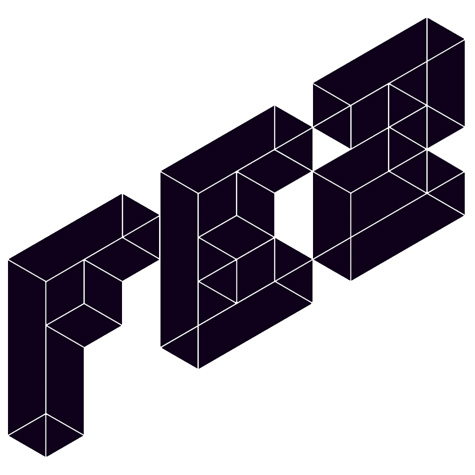Fez is probably the Indie game equivalent to Chinese Democracy. Five years in development, it’s won Independent Games Festival awards in both 2012 and in 2008. Yeah, that statement made me do a double take too. I’ll admit to not following the game’s development saga too closely over the years, except for noticing that Phil Fish, the game’s creator, is apparently a huge cock. But knowing that some of the best creative minds are giant douches, I didn’t hold it against him when buying and playing the game.
Like many recent platformers, there’s essentially two games in Fez: the “easy” one which leads you to a minimum number of cubes to see the game’s ending and the “hard” one, which tasks you to collect all of the game’s hidden cubes in order to see the “true” ending.The game is essentially a 2D platformer with the “twist” of being able to rotate the environment in four directions, kinda like rotating a cube around. The basic gameplay is pleasant enough, but isn’t terribly mindblowing, especially if you’ve played Echochrome before. I imagine those who haven’t seen the MC Escher-like trick of 3D to 2D perception platforming would get a kick out of playing Fez for the first time.
For those not going for the “hard” anti-cubes, the game quickly degenerates into a simple “collect the shiny thing” set of tasks. That’s not necessarily a negative thing, especially for those who love nostalgic 8-bit gaming, but it does leave Fez as simply an ok to “good” game played in that way. The fact that the game is riddled with technical issues like slowdown, choppy graphic transitions, and outright game crashes to dashboard doesn’t help matters much. However, due to the way the game is presented at times, it does give apologists the explanation that these technical bugs are “working as intended” as an artistic statement.
The “hard” game in Fez is a doozy and it’s where I imagine most of the rave reviews and “mindblowing experience” reactions to the game are coming from. It’s essentially a hardcore cryptography/linguistics challenge with some neat fourth-wall breaking moments. For example, you’ll have to break out your smartphone’s QR code reader in order to get a button sequence to get one of the anti-cubes. Or, you’ll have to look at Fez’s achievement list for a clue towards getting another. From reading the GAF, it appears that obtaining many of these anti-cubes requires you to successfully decrypt things like a hieroglyphics alphabet along or a Tetris block orientation code. In full disclosure, I had zero interest in whipping out my Moleskine and doing a Robert Langdon impersonation so as soon as I had the required number of “obvious” cubes to watch the game’s ending, I did.
All of these puzzles are fairly obtuse, and there is no handholding or guiding by the game. It’s probably the most frustrating part of this game because there’s barely any context for solving most of the puzzles. One of the best qualities of Braid I thought, was the elegance in which you are introduced to each puzzle. Jonathan Blow nailed the difficulty curve and environment presentation to give you all the tools that you needed to solve the game’s puzzles by simply using the techniques that you’ve practiced throughout the game. Fez, by contrast, requires you to have the mentality to be able to perceive and decode the subtle “clues” in random game locations. If you didn’t make a Rosetta Stone for the symbols (or didn’t want to do that work), well tough noogies, you’re locked out of fully completing this game.
If you’re the type of person who loves ARGs and assembling pieces of a Rosetta Stone while you explore environments, then you should stop reading right now and go give Fez all your money. If you’re like me, and prefer to watch Tom Hanks solve the Da Vinci Code rather than do the work yourself, then you’re probably going to be less impressed with Fez. It’s not a bad game, but it’s certainly not the Indie masterpiece that 5 years of hype may have let you believe.
(Also, the “normal” ending to this game is predictably very abstract with a pretentious tone. If you’re expecting any insightful, life-changing revelations from playing through Fez, you’d get more answers from the Mass Effect 3 ending than this game.)
